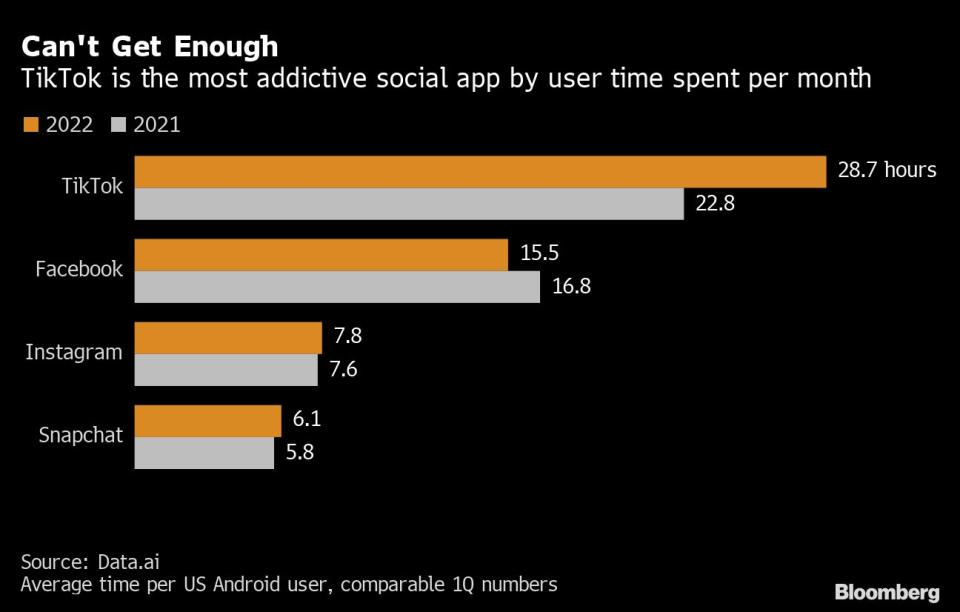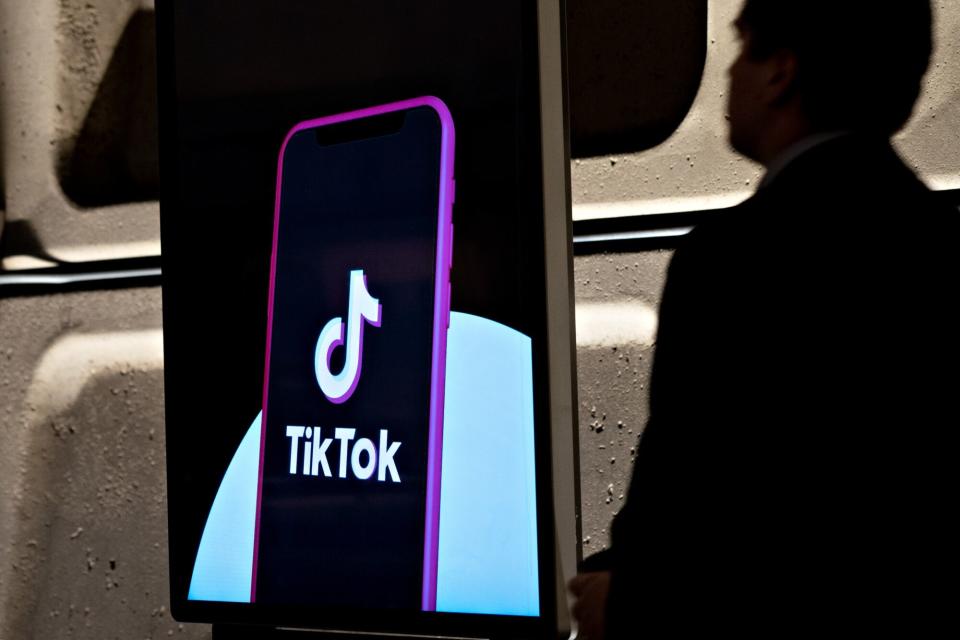(Bloomberg) -- ByteDance Ltd.’s TikTok aims to more than quadruple the size of its global e-commerce business to as much as $20 billion in merchandise sales this year, banking on rapid growth in Southeast Asia, according to people familiar with the matter.
Most Read from Bloomberg
-
Elizabeth Holmes Objects to $250-a-Month Victim Payments After Prison
-
Trump Urges Prosecutors to Drop Case, Offers Defense Preview
That would be a speedy increase from last year’s $4.4 billion in gross merchandise value, which represents the total worth of goods sold through its TikTok Shop offering, said the people, who asked not be identified discussing internal data. TikTok is betting on markets such as Indonesia, where influencers sell products from denim jeans to lipstick by showing them off in live-streamed videos.
TikTok is working to expand sales in the US and Europe too, though those markets make up a small portion of the $20 billion goal, the people said. The world’s most valuable startup is trying to grab a bigger slice of a $17 trillion online commerce arena as its main revenue driver — its advertising business — slows during an economic downturn.
TikTok’s efforts to expand its e-commerce operation in the US now may seem counterintuitive given threats by American politicians to ban the app altogether over national security concerns. Yet forming profitable ties with US merchants and brands could help TikTok gain allies just as it begins to fight back against critics in Washington and in the courts.
The Chinese-owned company is intent on exporting its commerce model to the US and its 150 million users there. It has proposed a range of measures to address national security concerns in the US, including cordoning off American users’ data and allowing partners like Oracle Corp. to review its technology. Still, the state of Montana imposed a prohibition on the app’s download starting in 2024 and lawmakers have proposed similar bills for a nationwide ban.
A TikTok spokesperson declined to comment on the company’s financials.
ByteDance, founded more than a decade ago by Zhang Yiming and Liang Rubo, grew into an internet leader worth more than $200 billion thanks to the virality of short-video platforms TikTok and Douyin. Though live shopping hasn’t caught on in the US and Europe despite attempts by Instagram and others, TikTok is basing its projections on the success its Chinese cousin Douyin has enjoyed at home.

